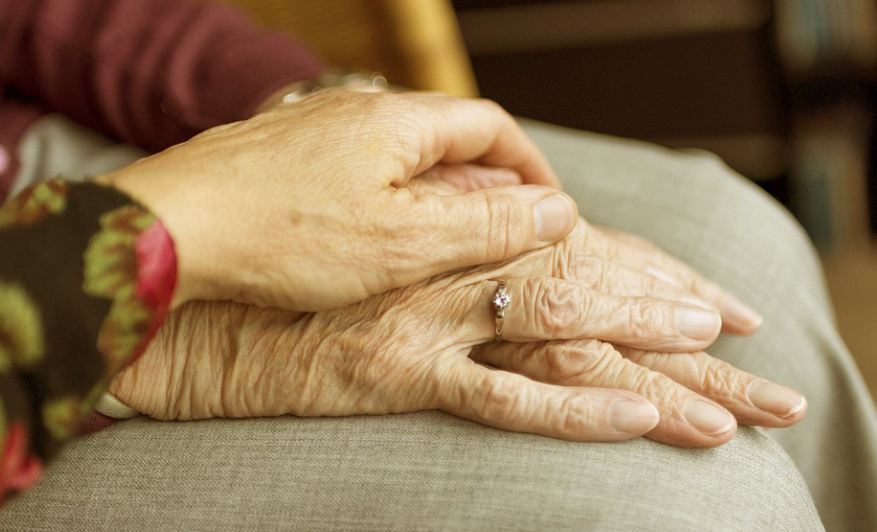The elderly are more prone to physical and mental decline as they age. Protect your loved ones by taking notice of signs of disease or mental deterioration and take steps to slow the progression of the condition, where this is possible.
In addition to providing some vital statistics about mental and physical issues affecting the elderly, we look at the most common disorders applying to each. We discuss the main physical and mental conditions in the elderly to empower you to make decisions to provide the best care for an aging parent.
Mental Conditions in the Elderly
Statistics show that 25% of older adults suffer from dementia, anxiety, and/or depression. The latter is the condition experienced most by the elderly. This percentage is predicted to increase two-fold by 2030.
Conditions can occur together. This can make it tricky to determine the cause of changes in a loved one. It is essential to begin the diagnosis process as early as possible when treatment can reduce or ameliorate symptoms. The studies conducted also show that 67% of the elderly who are suffering from mental health disorders are not being treated at all.
Other mental health conditions that are frequently found in the elderly are psychosis, isolation, sleep disorders, cognitive decline, changes in personality or behavior, and confusion. This is in addition to the physical ailments that tend to beset the elderly, which we discuss below. Some symptoms may overlap in mental and physical conditions.
Dealing with Mental Conditions in the Elderly
Researchers have interrogated the best way to improve some of the mental health disorders in the elderly. They found that having a social life and close family relationships and connections is the single most important strategy. Loneliness exacerbates mental health difficulties.
When family members are unable to take care of aging relatives, it may be necessary to place them in assisted living facilities. Nevertheless, while this will help them to forge new social relationships, the absence of family can be detrimental. It is vital to visit parents placed in care regularly. If you are looking for help, Belmont Village provides information on how to deal with a loved one with dementia.
Physical Conditions in the Elderly
As people live longer, the older population groups are growing larger, resulting in more medical problems in this cohort segment. Many countries’ healthcare systems have not caught up and are unable to provide adequate medical care for the elderly. By 2050, four-fifths of persons over the age of 79 will be living in middle- or low-income countries. There are more citizens over 59 years of age than children under the age of five.
The main physical conditions associated with aging citizens are loss of hearing, problems with vision (especially cataracts) diabetes, chronic obstructive pulmonary disease, osteoarthritis, and neck and back pain. Geriatric syndromes related to aging are increasing in frequency. This includes issues with urinary continence and pressure ulcers.
Take care of your aging parents by looking out for signs of physical and mental health problems and getting them treated.
